Filter by
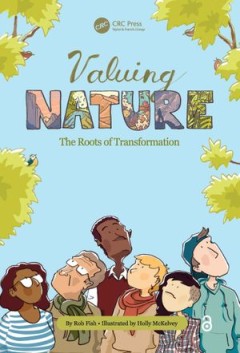
Valuing Nature The Roots of Transformation
When a group of liberal arts students embark on a university assignment about the natural environment, no one could have quite prepared them for the bewildering array of questions and provocations to confront them in their task. What starts out as an earnest attempt to understand nature in the modern world, turns into a philosophical and practical tangle that only a good transdisciplinary educa…
- Edition
- -
- ISBN/ISSN
- 1000428567, 9781000428568
- Collation
- -
- Series Title
- -
- Call Number
- -
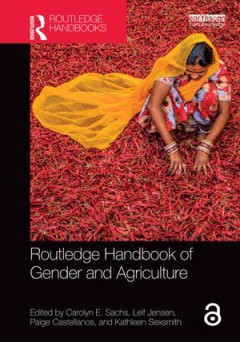
Routledge Handbook of Gender and Agriculture
The Routledge Handbook of Gender and Agriculture covers major theoretical issues as well as critical empirical shifts in gender and agriculture.Gender relations in agriculture are shifting in most regions of the world with changes in the structure of agriculture, the organization of production, international restructuring of value chains, climate change, the global pandemic, and national and mu…
- Edition
- -
- ISBN/ISSN
- 0429578466, 9780429578465
- Collation
- -
- Series Title
- -
- Call Number
- -
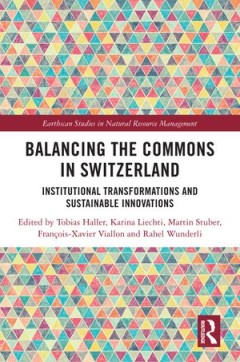
Balancing the Commons in Switzerland Institutional Transformations and Susta…
Balancing the Commons in Switzerland outlines continuity and change in the management of common-pool resources such as pastures and forests in Switzerland.The book focuses on the differences and similarities between local institutions (rules and regulations) and forms of commoners’ organisations (corporations of citizens and corporations) which have managed common property for several centuri…
- Edition
- -
- ISBN/ISSN
- 9781000367171, 1000367177
- Collation
- -
- Series Title
- -
- Call Number
- -
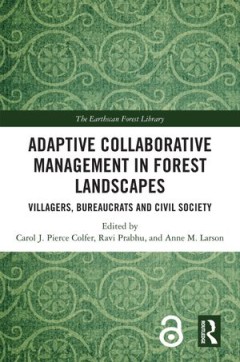
Adaptive Collaborative Management in Forest Landscapes Villagers, Bureaucrat…
This book examines the value of Adaptive Collaborative Management for facilitating learning and collaboration with local communities and beyond, utilising detailed studies of forest landscapes and communities. Many forest management proposals are based on top-down strategies, such as the Million Tree Initiatives, Forest Landscape Restoration (FLR) and REDD+, often neglecting local communities. …
- Edition
- -
- ISBN/ISSN
- 9781000483017, 1000483010
- Collation
- -
- Series Title
- -
- Call Number
- -
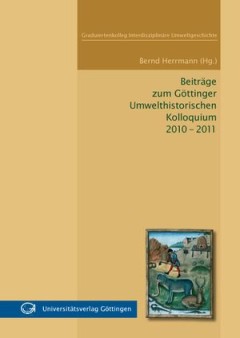
Beiträge zum Göttinger Umwelthistorischen Kolloquium 01/01/2010 - 2011
This annual yearbook presents essays in environmental history based on lectures given at the Göttingen study group “Environmental History” by external authors. As previous yearbooks it is dedicated to the plurality of approaches in environmental history and serves as a valuable source for information about current research in that realm.
- Edition
- -
- ISBN/ISSN
- 9783863950163
- Collation
- -
- Series Title
- -
- Call Number
- -

Adaptive Collaborative Management in Forest Landscapes
This book examines the value of Adaptive Collaborative Management for facilitating learning and collaboration with local communities and beyond, utilising detailed studies of forest landscapes and communities. Many forest management proposals are based on top-down strategies, such as the Million Tree Initiatives, Forest Landscape Restoration (FLR) and REDD+, often neglecting local communities. …
- Edition
- -
- ISBN/ISSN
- 9781000483017, 1000483010
- Collation
- -
- Series Title
- -
- Call Number
- -
 Computer Science, Information & General Works
Computer Science, Information & General Works  Philosophy & Psychology
Philosophy & Psychology  Religion
Religion  Social Sciences
Social Sciences  Language
Language  Pure Science
Pure Science  Applied Sciences
Applied Sciences  Art & Recreation
Art & Recreation  Literature
Literature  History & Geography
History & Geography